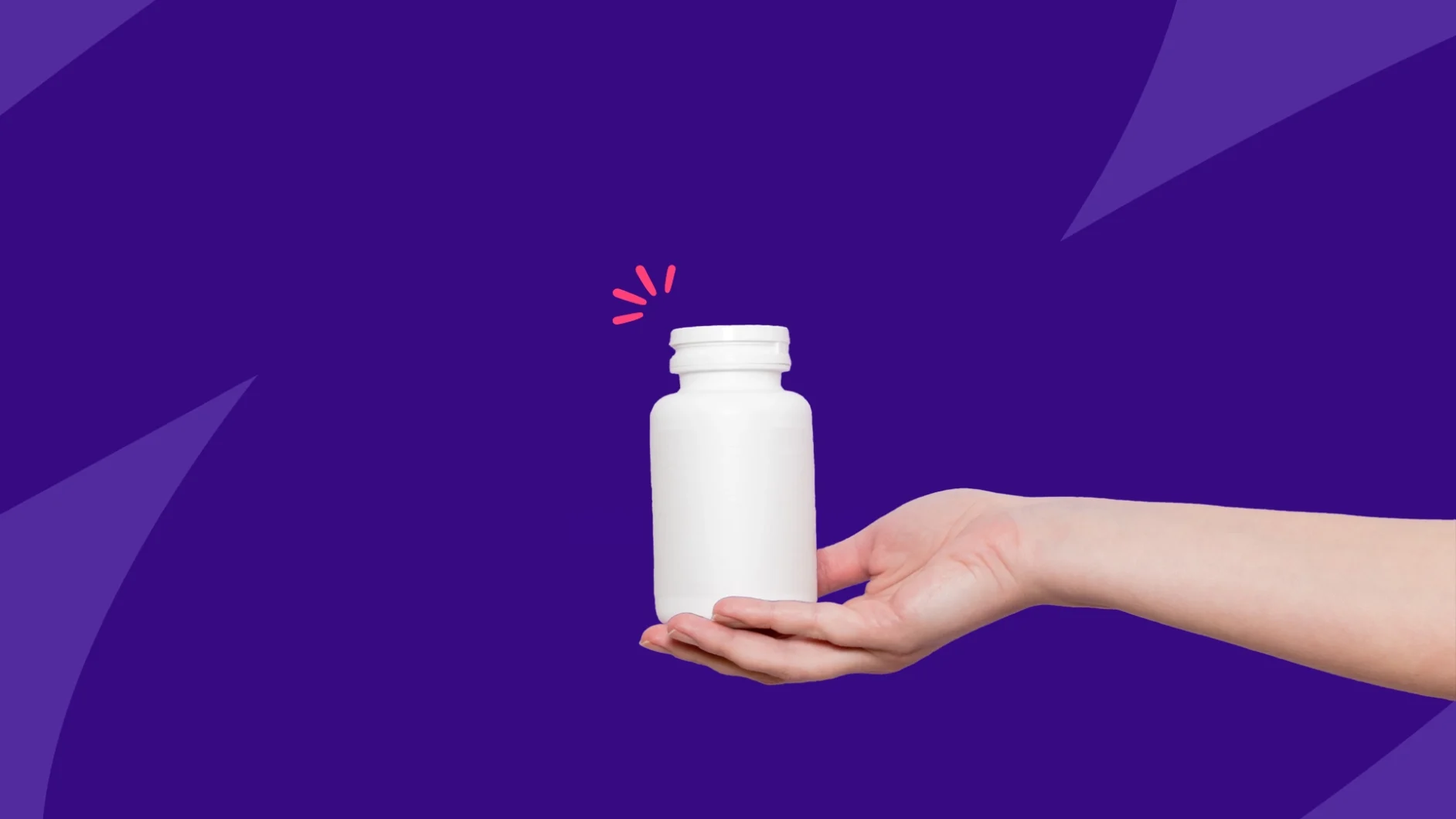Widely used as an over-the-counter (OTC) pain reliever and fever reducer, ibuprofen is the most common nonsteroidal anti-inflammatory drug (NSAID). Unlike some other pain medications, ibuprofen is not considered habit-forming and is not classified as a controlled substance by the Drug Enforcement Administration (DEA). While uncommon, published case reports suggest the potential for misuse of ibuprofen in individuals with pre-existing substance use disorders. A clear understanding of this disorder is crucial for promoting safe and responsible use of ibuprofen.
Can you get addicted to ibuprofen?
Substance use disorder is the term used instead of drug addiction. While ibuprofen, better known by brand names Advil and Motrin, is not usually thought to be addictive, criteria for substance use disorder (SUD) can still be met.
An adult case report contends that substance use disorder can occur with ibuprofen, and an adolescent case report raises similar points. The diagnostic criteria for substance use disorders can be met in various ways. Pain medication like ibuprofen, while not considered highly addictive compared to nicotine, alcohol, opioids, other prescription medications, or illegal drugs, can still fulfill the criteria in some cases. Recognizing these diverse presentations can help reconcile differing opinions about what constitutes SUD.
A person may not have physical dependence, feel withdrawal symptoms, or develop tolerance to ibuprofen. However, they can still repeatedly take too much ibuprofen or more than the prescribed amount of prescription ibuprofen. This is considered misuse of the drug. Add in repeated problems from the use, unsuccessful attempts to reduce it, or preoccupation with the use of ibuprofen, and a SUD diagnosis may be warranted.
That said, most individuals take ibuprofen on a short-term or as-needed basis without a problem. Even if a healthcare professional recommends taking it every day, it is nearly always done without SUD features arising. Alternatives to ibuprofen in the NSAID class include meloxicam and Aleve (naproxen), and the SingleCare discount card can provide savings on any of them.
Can you overdose on ibuprofen?
The recommended dose of prescription ibuprofen for adults is typically 400 to 800 mg every 6 to 8 hours, with a maximum of 2400 to 3200 mg daily. OTC instructions detail lower doses. Coinciding health conditions like kidney, liver, heart, or gastrointestinal disease may require reduced dose limits or complete avoidance.
Misuse of ibuprofen can lead to an overdose, although this can also arise accidentally as well. A small ibuprofen overdose can exacerbate common side effects, which include the following:
- Nausea and vomiting
- Abdominal pain
- Dizziness
- Drowsiness
- Rash
- Fluid retention and swelling
- Kidney function impairment
- Gastrointestinal bleeding or ulcers
The consequences can be more dire or life-threatening in the setting of an extreme overdose, such as when doses exceed 100 mg per kilogram of body weight. The serious side effects of ibuprofen may include:
- Renal (kidney) injury or failure
- Acidosis and electrolyte abnormalities
- Hypotension (low blood pressure)
- Arrhythmia (heart rhythm disturbance)
- Seizures
- Coma
- Liver damage
Diagnosing an ibuprofen addiction
The potential for addiction to ibuprofen is a subject of debate. Traditionally, NSAIDs like ibuprofen were thought to lack the dependence risk associated with opioid pain relievers. However, substance use disorder, by definition, could still involve ibuprofen, even though it is not a prescription drug. The Diagnostic and Statistical Manual for Mental Health Disorders (DSM-V) describes SUD as substance use leading to functional impairment or distress and requiring at least two of the following:
- Taking larger amounts than intended over time
- A desire or unsuccessful attempts to cut back
- Spending a lot of time obtaining, using, or recovering from the effects of the substance
- Craving for the substance
- Use resulting in the failure to fulfill major obligations
- Use despite recurrent problems associated with the effects
- Important activities are reduced due to the use
- Use in physically hazardous situations
- Tolerance to the substance
- Withdrawal from the substance
The previously referenced case report of ibuprofen use disorder describes a patient who progressively used more and more of the recommended dosage of the painkiller, craved it, took it to feel high or elated or change her mood, and was unable to stop taking it. Cases like this involving ibuprofen are uncommon within the medical literature. They may not sound like what you think of addiction, yet they could meet the diagnostic criteria for substance abuse.
Risks of ibuprofen addiction
Long-term use of ibuprofen for chronic pain or inflammation carries significant risks. Stomach and kidney damage is a major concern, and cardiovascular risks are real. Hypertension, heart failure, heart attack, stroke rates, and other medical conditions can all be elevated by continuing ibuprofen therapy. These concerns are further heightened by the high doses or overdoses seen often with substance use disorder. The frequency and intensity of adverse effects can be magnified.
Besides physical harm, SUD can have negative social and professional impacts. Preoccupation with getting and taking a drug can get in the way of fulfilling workplace responsibilities and roles within the home.
Treating an ibuprofen addiction
Admitting to the overuse of medication or recognizing the signs of substance use disorder are essential first steps. The next thing to do is get help. Your healthcare provider can listen to your concerns and gather information about your use of the drug. Then, counseling can be started as part of a mental health treatment program and a treatment plan can be put into place.. In a more urgent situation, dialing 988 for the national crisis line may be appropriate. The key is to recognize the problem, followed by reaching out for help.
- Identification of non-steroidal anti-inflammatory drug use disorder: A case report, Addictive Behaviors (2017)
- Ibuprofen dependence: A case report, Pharmacopsychiatry (2014)
- Ibuprofen drug label, NIH DailyMed (2023)
- Advil drug label, NIH DailyMed (2024)
- DSM-V criteria for substance use disorders: Recommendations and rationale, American Journal of Psychiatry (2013)




